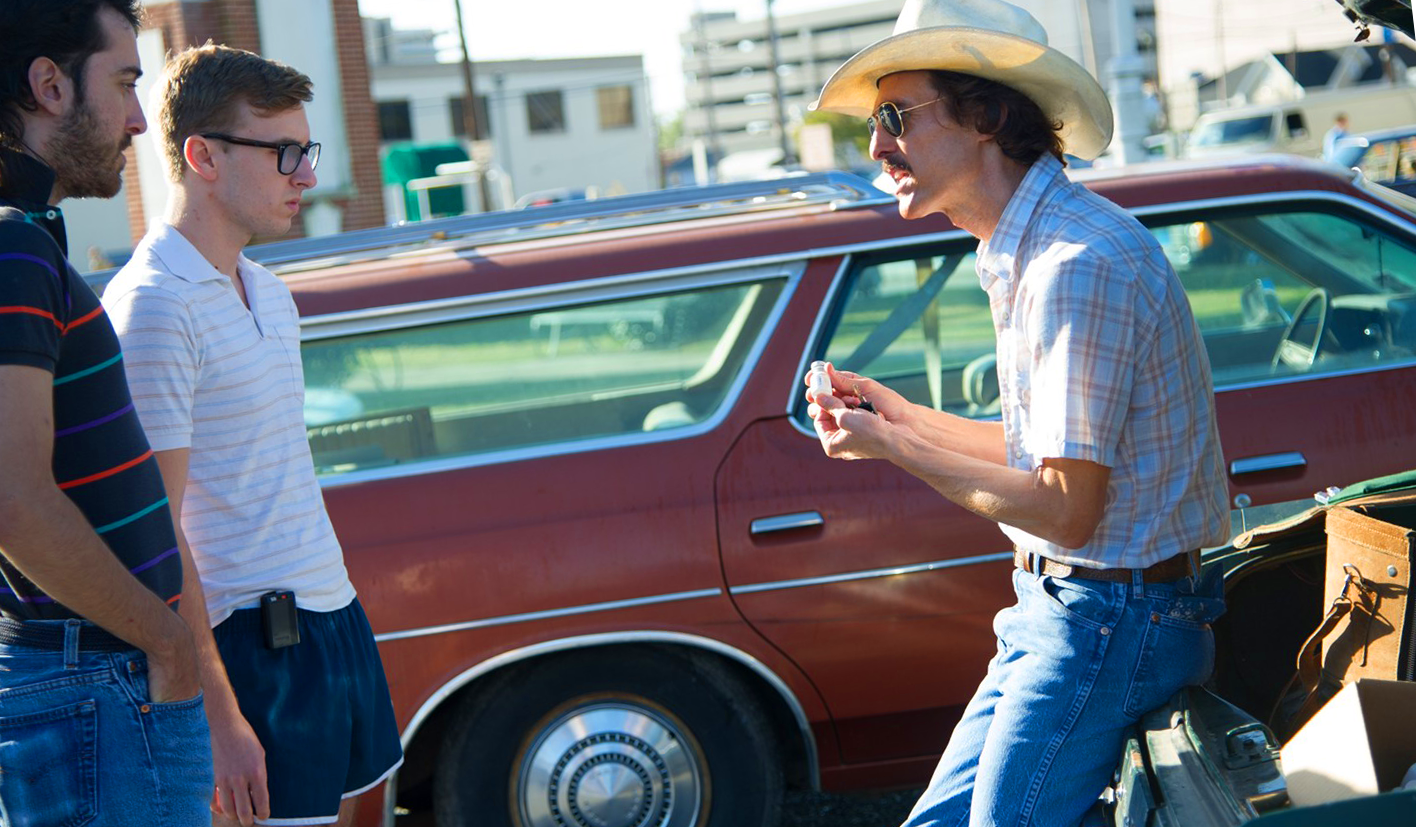After the critical success of his directorial debut, Coriolanus, The Invisible Woman seems an apt choice as Ralph Fiennes’s follow-up project. Fiennes has made a career out of playing morally ambiguous men and the adaptation of Claire Tomalin’s book affords him the opportunity to mould and steer this depiction of Charles Dickens.
Widely regarded as the central pillar of Victorian literature, Dickens is a personality burned into the national consciousness. To many he is a kindly old chap responsible for classic tomes that most can reel off without thinking; Oliver Twist, David Copperfield, Great Expectations. Tomalin’s book, on the other hand, portrayed an individual quite at odds with that stuffy caricature.
She theorised about the heartache and scandal stemming from an affair with the teenage Nelly Turnen, a pretty actress who fell into his artistic social circle. It was a relationship never once directly acknowledged by Dickens and his refusal to address the matter publicly was as unmoving as the cruelty he directed towards his own family because of it.
Fiennes, along with screenwriter Abi Morgan, excels then in creating a picture of intense emotional discord, one in which the strictures of Victorian protocol are uncomfortably subverted by those with the wealth, influence and desire to do so. Wonderfully acted, and often fascinating, this possesses the rare distinction of being a thoroughly modern period piece.
As Turnen, Jones offers up a stunningly layered portrayal of a woman caught between her morals and feelings of genuine awe at Dickens’s genius. Her ability to communicate a varied emotional range — fear, discomfort, affection — with the subtlest of expressions is central to the complexity of her character.
First glimpsed as a somewhat austere black-clad school mistress, Turnen appears grim-faced and broken-hearted. She is prone to taking ponderous walks on a nearby secluded beach, a lone dark form with only demons for company. Indeed, there is a quiet freneticism in these opening minutes. The hints of her past travails become less obscure, however, as the narrative shifts to her days as a young thespian of middling ability. Cast in a Manchester production of Wilkie Collins’s The Frozen Deep, with her actress mother (the dazzling Kristin Scott-Thomas), she would enter into the orbit of the play’s towering co-author, and lead performer, Charles Dickens.
By turns charming, kind and lively, Fiennes conveys an energetic generosity quite unlike any previous representation of the great novelist. His first meeting with Nelly is politely cordial, though her youth and his weighty presence establish little common ground. While Nelly is clearly taken with his genuine celebrity, this is no tale of instantaneous infatuation. Their connection builds slowly as she comes to appreciate his writing on a spiritual level. Such admiration only appeals to Dickens’s considerable ego. He is steadily enchanted rather than bewitched.
From the moment he commits to pursuing Nelly, Dickens is transformed into a man of cold spite and occasional caprice. In distancing himself, in print, from a dull, loveless marriage he publicly humiliates his wife Catherine, played by a terrifically knowing Joanna Scanlan. By compelling her, with equal chilliness, to deliver opulent gifts to his youthful mistress he effectively destroys what little feeling is left between them. The crime for which she, the mother of his impressive brood, is to be so arbitrarily punished: a failure to exhibit profound enough an understanding of him and his work.
Dickens, like his friend Collins — Tom Hollander on fine form — is unbound by the threats to conscience and reputation that plague Nelly. When she is introduced to Collins’s charming mistress, Ms Graves (Game of the Thrones’s Michelle Fairley), Jones displays barely concealed disgust for that domestic arrangement. Yet, she must surrender to the reality that Dickens will never marry her. Nelly is to be his tortured soulmate or nothing at all.
It is not without significance that their time together as a couple occurs in relative anonymity. Relocated to the secluded pastoral beauty of rural France, the sequence is characterised by sumptuous photography, visual cues and, perhaps tellingly, minimal dialogue. One important, essentially unspoken event is left to hang. It is a single reminder of another life as their dalliance meanders to an ambivalent conclusion.
Along with its substance, this is a fantastically beautiful film. Cinematographer Rob Hardy captures the clear lines, and elegant, straight-backed gentility of the era. A trip to the Doncaster races is particularly notable. Painted in delicate pastel shades, the initial stillness of its staging evokes some great portrait of the age.
The rich detail of Dickens’s plush, affluent lifestyle is as real as the Turnens’ cosy, if slightly more humble existence. From the warm glow of numerous oil lamps to the august decorations of Manchester’s Free Trade Hall, the camera absorbs every part of Fiennes’s vision. It even strays, occasionally, into unexpectedly intimate territory.
By its finale there may be a measure of catharsis, though it is possible that Nelly’s tearful smile is merely one of brief respite. An impromptu confession brings her relief, undoubtedly, but she remains as shimmering a figure as the title suggests.
An edited version of this article was first published here.



